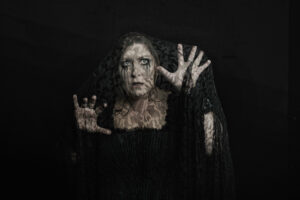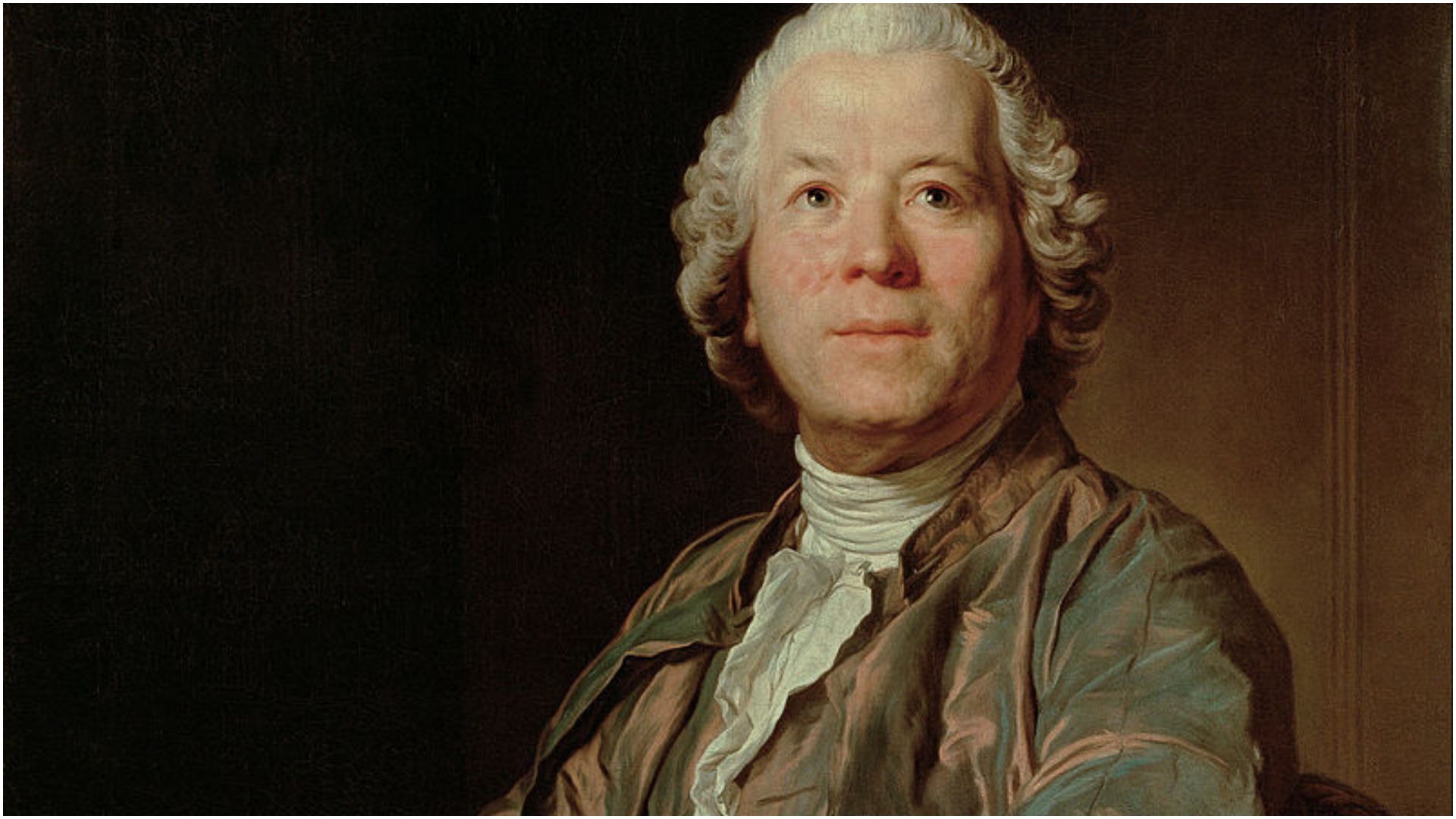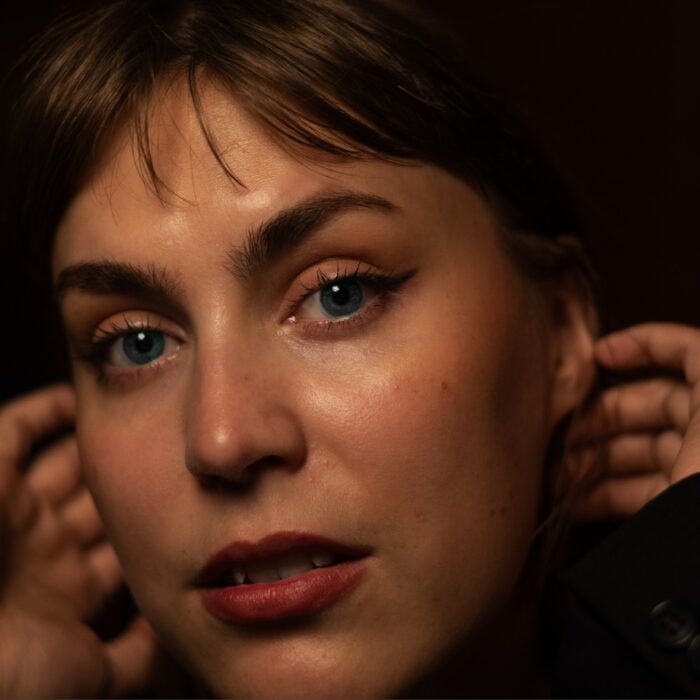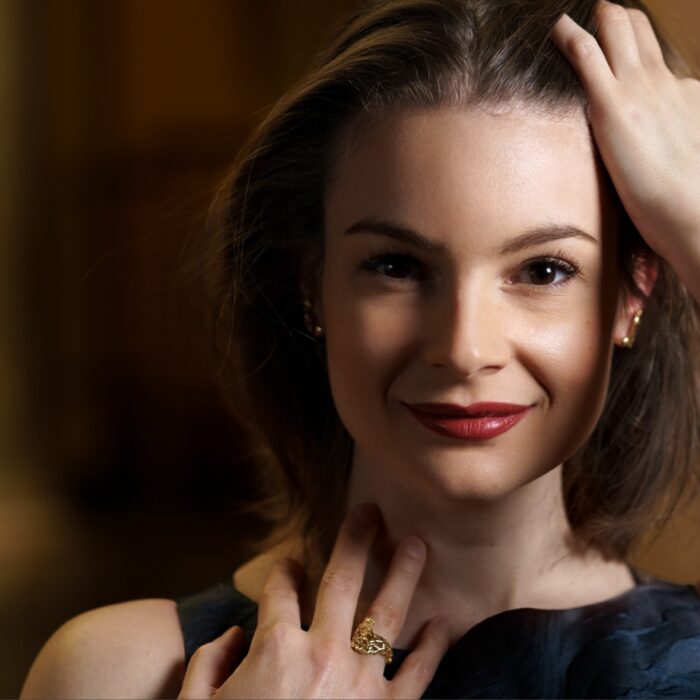
Q & A: Anna Pirozzi on Medea & Maria Callas
By Francisco SalazarThe Greek National Opera is currently performing a production of Cherubini’s rarely performed opera “Medea.” The run of the opera is part of the company’s tribute to the centennial of Maria Callas’ birth.
Callas was well known for rediscovering “Medea” and made it one of her signature roles. She went on to perform it more than 30 times at the Dallas Opera, Royal Opera House, and the Teatro alla Scala. She also made a film with Pasolini in which she played the title role.
This season, Anna Pirozzi is making her role debut in the title role following forrays into verismo, Puccini, and the dramatic Bel Canto roles. Recognized as one of the great sopranos of her generation, the soprano has performed at the leading opera houses in the world including the Metropolitan Opera, Teatro alla Scala, Royal Opera, and the Wiener Staatsoper.
In a recent interview, the dramatic coloratura soprano spoke to OperaWire about Maria Callas, Medea, and singing the complex title role.
OperaWire: What does Maria Callas mean to you? What does it mean to perform this iconic work in Greece where Maria Callas was so well-known?
Anna Pirozzi: She is my muse, she always has been from the beginning because when I went to Conservatory just to learn music, I chose to dedicate myself to opera by listening to her voice. She always accompanies me and I know that she is inimitable, so I certainly do not think of imitating her, but with my voice, I take inspiration from her interpretation, from her heart, from the soul she put into her interpretations, this is what I try to learn from her. On this Medea, she is an absolute reference. Singing it here in Athens, where she is a myth, is a great challenge for me, but on the other hand, I also perceive that the Greeks desire to hear a new voice in this role and above all an Italian voice. This expectation, I would with joy, gives me confidence and serenity.
OW: When did you first encounter Maria Callas and what is your favorite recording by Callas?
AP: I first heard her when I was 25 at the Conservatory, very late, but on the other hand in my family, in my life before, there was no opera. I heard her in Casta Diva in “Norma” and there I decided to change my life. The truth is that I am a fan: in Paris I go see her places, here in Athens also, in short, I always take her with me. I am very inspired by her and also with this Medea I will follow the libretto, the score, but also her.
OW: The music of Cherubini is often said to be some of the most difficult in the repertoire. Why do you think that is true?
AP: It is said that Cherubini’ss music is the most difficult, and from the first reading, I considered it very complex because the score touches so many registers, from the light lyric soprano to the spinto lyric soprano to the dramatic, so you need a very wide voice that touches all these registers; it is clearly difficult to manage all these vocalities. Then it is very long and you have to manage so that you arrive at the end with your voice still fresh. That said, there are other roles with very difficult scores, so while you are aware of all the difficulties, you can cope.
OW: Tell me about the challenges of this work and how have you prepared for those.
AP: First I listened to a lot to different singers, conductors, and orchestras. Then I started reading the score, then I got into the details, the so-called dechiffrage, playing the score myself on the piano note by note, then with my pianist. Then I got into the libretto, combining it with different readings, from Cherubini’s work to other interpretations of the character. In the end, the hardest part to deal with remained,
the length of the libretto, its memorization, so much so that I even copied it all by hand into a notebook to help me.
OW: Tell me about working on David McVicar’s production. How does it help you get into the character and what have you learned about the character from this production?
AP: I must say that I find it wonderful and it helps both me and the audience to understand who Medea is: there is Medea’s magical side, the maternal side, the friendly side with Neris, the vengeful side. There is also the love for her man whom she does not want to let go. McVicar really touches all the emotions and all the steps of Medea’s transformation in what is really a journey of this woman’s soul. I loved the production even before thanks to the Met’s videos and so I immediately entered into this atmosphere, where McVicar really did a great psychological work on this character who carries all the action and all the drama on her shoulders.
Then there is a lot of physical action because he sees Medea as a snake, a chthonic being, so I am often on the ground. There is also a fight with soldiers with a lot of physicality. In this production the masculinity of Medea is emphasized and this interpretation is beautiful but adds a further element of difficulty in my work on the stage.
OW: Medea is on the stage all the time. How do you pace yourself when doing this opera?
AP: Yes, I am always on stage from the middle of the first act and I don’t leave. It has already happened to me with other roles and I know that this helps to stay focused on the character. Of course, considerable physical strength is required, but in the end, it is very natural to get into character and never come out of it until the end.
OW: Tell me about working with your fellow cast members.
AP: The work with the cast has been good. The relationship with Jason is the most important in the two big duets, even though Medea is very much a solo role. However, the relationships are very good and we are working very well together, starting with the director who is taking over the production, Jonathan Loy. He is working very well on Medea and has helped me together with the choreographer to understand Medea’s bipolarity. The team is very close and I’m sure it will be understood.
OW: What excites you about this Medea?
AP: Everything. I am looking forward to singing this role, which for me is the mother of all soprano roles. I am excited, happy, honored. When I sing Medea I am the first to get so excited. This moment has finally arrived and now I want to enjoy it to the fullest, hoping that I can also communicate my passion for this opera to the public. The dream would be to sing it again soon in Italy too.


